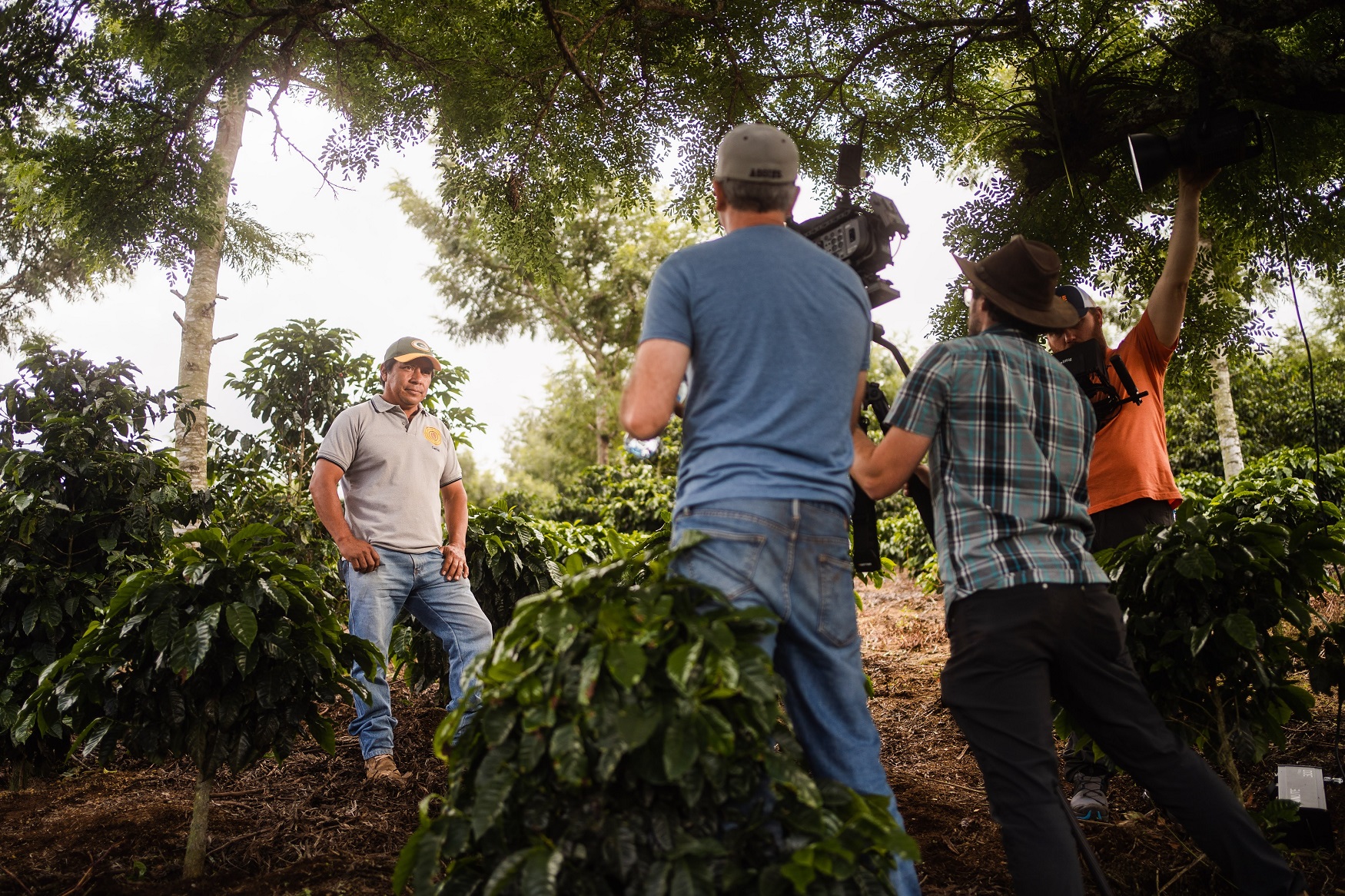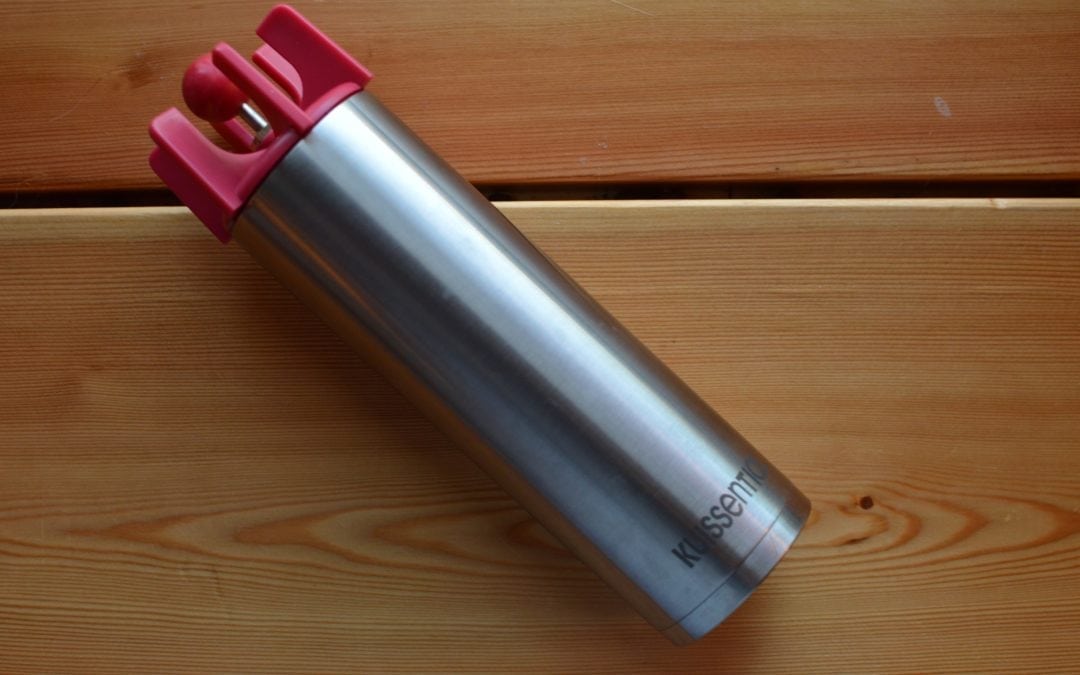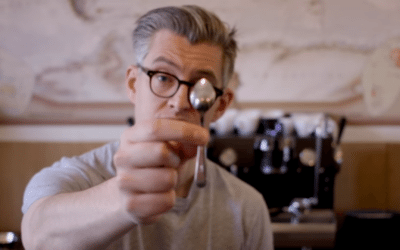Table of Contents
When thinking about coffee, charity may not be the first word that pops into your head, but you’d be surprised how philanthropy is so ingrained into numerous coffee companies.
This first and foremost has to do with where and how your favorite coffees come to be. Some of the most popular coffees originate in some of the most impoverished nations in Central America. Some estimates put 80% of coffee farmers around the world as living under the poverty line.
For reference, the five biggest producers of coffee are Brazil, Vietnam, Colombia, Indonesia, and Ethiopia. Meanwhile, the United States and the European Union are two of the biggest importers of coffee.
Additionally, the work of growing and harvesting coffee like the rest of the agriculture industry is no easy feat. And where there are no harvesting machines, coffee beans are handpicked! Workers are then busy ensuring multiple processes go off successfully before even carrying out quality tests and having everything transported for sale.
Thus with all these factors in mind, coffee companies and organizations want to make sure they are giving back to the many societies and hardworking folks who make their product possible. Here is an inside look into four coffee companies that are changing the world of coffee through their charitable giving and advocacy.
The Coffee Trust
Mission: Sustainability for indigenous coffee farmers
Locations of Focus: San Gaspar Chajul, El Quiche, Guatemala
According to their website, The Coffee Trust is a non-profit organization that helps indigenous coffee farmers improve their agricultural practices, diversify their incomes, and raise healthy families. One of their key projects over the last decade was The Roya Recovery Project, which was a project that started in 2014 and centered on helping farmers recover the crops they lost to roya fungus.
The reason the project was important to coffee farmers, particularly to those in Guatemala, is that the Roya Fungus can cause coffee plants to weaken and die. As The Coffee Trust mentions, “the project focused on using natural, organic practices to help farmers save their plants and recuperate their lost crops.” One of the main beliefs of the organization is that the more we can invest in protecting the climate, the more we are essentially protecting each other. By 2019, Asociación Chajulense (the local coffee cooperative) finally recovered most of its lost production.
Also Read: Where Does Your Coffee Come From? 5 Must-Taste Coffee Origins From Around The World
Coffee Kids
Mission: Training, mentoring, and seed financing
Locations of Focus: Colombia, Guatemala, Honduras, and Tanzania
While the organization is currently under strategic review, Coffee Kids, which partners with Hanns R. Neumann Stiftung, is an influential organization whose mission it is to train, mentor, and finance coffee farmers and their communities in Central America and Tanzania.
For example, one key outcome of their initiatives is young coffee farmers creating their own coffee shops, businesses, and production processes. While some organizations are focused on current issues or obstacles, it’s clear that Coffee Kids has itseyes on developing the future of coffee farmers, particularly those in Central America, by promoting entrepreneurship with education, financing, and mentorship.
Another note to add is that while some coffee companies may not facilitate their own charity, they will often donate or finance separate organizations to still contribute to the cause. For example, Coffee Kids is supported by well-known businesses such as Peet’s Coffee, Tim Hortons, Caribou Coffee, and Eight O’Clock.
Also Read: How to Find High Quality Coffee Beans
Catholic Relief Services
Mission: Assist the impoverished and vulnerable overseas.
Locations of Focus: Honduras, Nicaragua, Ecuador, Colombia, Brazil, Congo, Kenya, Ethiopia
The Catholic Relief Services works on a multitude of projects across a variety of verticals, however, many people may not know that the organization also works on coffee-related projects. The organization runs projects in Honduras, Nicaragua, Ecuador, Colombia, Brazil, Congo, Kenya, and Ethiopia – also known as the “coffeelands” of Central America. Here is a breakdown of their notable projects run over the last decade.
The Blue Harvest project which took place between 2014 and 2016, was created to improve the supply chain in Guatemala and Ecuador, in order to make water a central issue to the sustainability of coffee production and processing.
Their Coffee Farmworkers project worked with roasters, certifiers and trade associations, and allies in Brazil. Over the span of just two years (2013-2015), this special initiative helped folks to better understand the conditions of coffee farmworkers in the country with the strongest farmworker protections in the Americas.
Also Read: Lanna Coffee Co: Champion of Coffee Lovers and Thailand Farmers
Honorable Mentions
There are also a number of companies making compelling progress in the field of coffee philanthropy in response to international and local pandemics.
For example, Olam Coffee shared a thorough and organized plan for what their company’s response to COVID-19 would look like, specifically for their farmers and communities. They have committed just under $4 million of in-kind and financial aid for numerous plans such as securing and distributing essential medical equipment and PPE, distributing food packages to local authorities, advocating for rural communities, and much more.
Other companies like Onyx Coffee have shown fundraising efforts can be small but mighty with their GoFundMe they set up in response to Hurricane Eta in Guatemala. Initially set-up in November of 2020, they ended up raising over $9K in only two months.
With the numerous health and productivity benefits, endless options of flavors, aromas, and combinations, it’s no wonder many people aren’t wrapped up in where their coffee beans are coming from (and where to find them!). It is still important though to take a step back, think about what goes into coffee, where coffee is made, and how it gets us as consumers each day to enjoy.













0 Comments